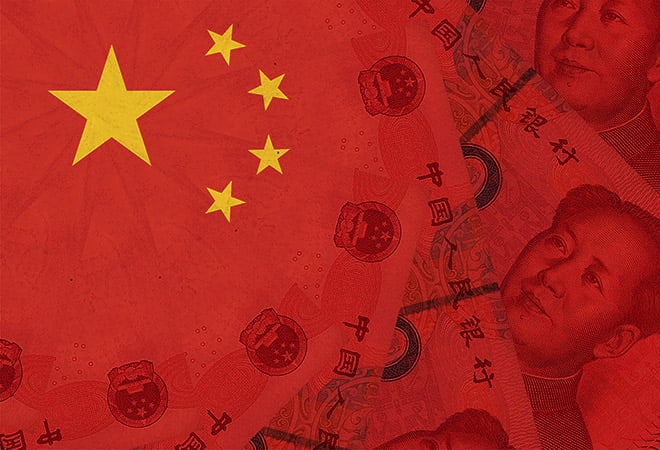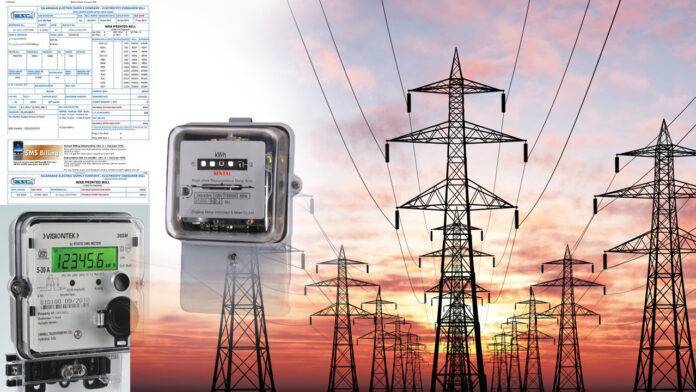During the tense 12-day standoff between Israel and Iran, China moved swiftly to present itself as a mediator and global voice of restraint. Just a day after Israel’s surprise airstrike on Iranian military and nuclear sites on June 13, Beijing reached out to both sides, expressing its desire to defuse the conflict diplomatically. At the same time, Foreign Minister Wang Yi strongly condemned the Israeli strike as a violation of international law, signaling Beijing’s disapproval in stark terms.
President Xi Jinping soon joined the diplomatic chorus, urging calm and calling for a ceasefire through coordinated efforts at the United Nations. China aligned with Russia and Pakistan at the UN Security Council in pressing for an “immediate and unconditional ceasefire” to prevent escalation. The global alarm peaked when Iran threatened to block the Strait of Hormuz—a chokepoint for nearly 20% of the world’s oil supply. China, deeply reliant on Middle Eastern oil, was quick to urge the global community to work toward de-escalation.
Despite China’s vocal diplomacy, analysts believe its role was mostly symbolic, rather than influential. While Beijing has maintained a non-interference policy, its lack of military presence or strong political influence in the region limits its effectiveness. “China’s offer to mediate reflects its aspiration to be a responsible global player,” noted analyst Evangeline Cheng, “but its actual leverage remains minimal.”
China’s economic stake in the region is massive. It is the largest buyer of Iranian oil and has investments in both Israeli technology and the broader Middle Eastern infrastructure through its Belt and Road Initiative. A prolonged conflict would threaten both oil supply chains and regional investment stability. That’s why Beijing’s stance, as one observer put it, is driven by “strategic pragmatism” rather than ideology.
Beijing has had some past diplomatic success in the region—most notably brokering a 2023 Iran-Saudi Arabia rapprochement and facilitating a 2024 unity agreement between Hamas and Fatah. However, its close partnership with Iran, including a 25-year strategic deal and joint naval exercises, has made Israel reluctant to accept China as a neutral mediator.
Even the U.S. momentarily acknowledged China’s potential influence. As ceasefire talks stalled, Secretary of State Marco Rubio urged Beijing to pressure Iran to keep the Strait of Hormuz open, reflecting a rare recognition of China’s role in calming the crisis. But such moments were fleeting.
According to experts, China faces a strategic dilemma: while it wants to appear as a global peacemaker, its deep ties to one side of many regional conflicts—like Iran in this case—undermine its neutrality and therefore its credibility. Analyst William Yang summed it up: “China wants the image of a global power, but its political alliances limit its capacity to act like one.”
In the long run, China is expected to maintain its economic focus in the Middle East while depending on the U.S. for security stability. Interestingly, this dynamic has allowed Beijing to claim the diplomatic moral high ground—as Washington leads military escalations, China positions itself as the calm, restrained actor.
But the question remains: Can Beijing ever move from the sidelines to center stage in Middle Eastern diplomacy? For now, China may have talked the talk—but it hasn’t yet walked the walk.
















